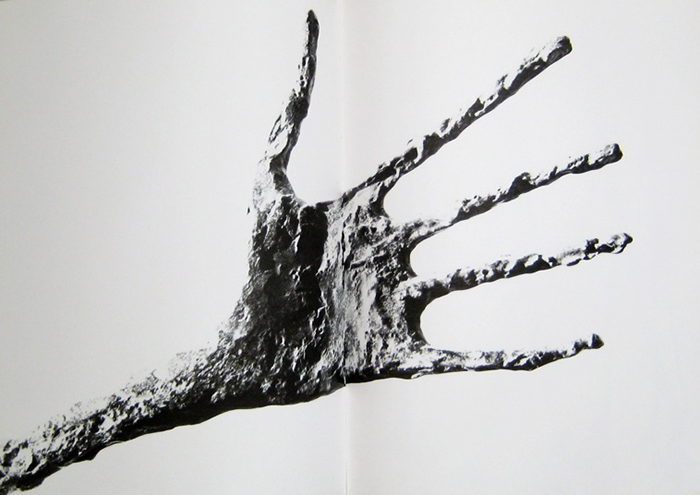Mind the body (2) A phenomenal contrast for bodily ownership
Ten years ago, Susanna Siegel proposed the method of phenomenal contrast in order to determine the type of properties that are represented in perceptual experiences. In brief, do we see only lines and colors or do we also see pine trees? Her method proceeds in two steps. First, one describes a …




